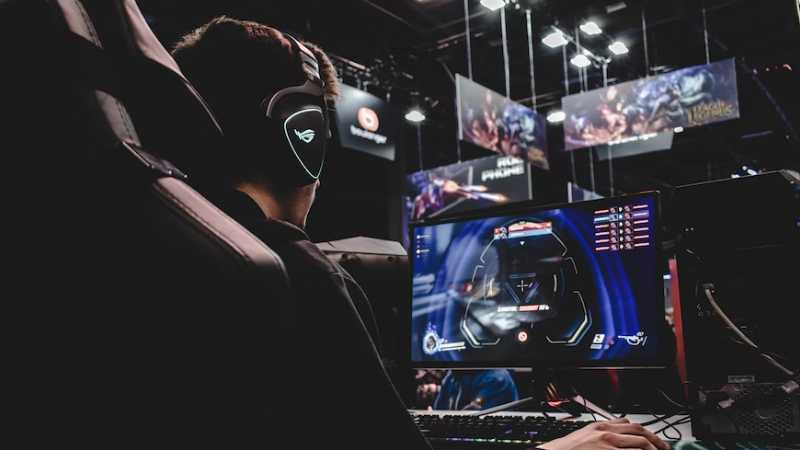Published on: 13/02/2023
Blockchain tech in major esports tournaments — a long way to go, expert says

According to Guinevere Capital managing director Dave Harris, the integration of blockchain technology into major esports tournaments “will take time.” Although small esports leagues have started to use blockchain, major tournaments largely ignore the new development.
In an interview with Cointelegraph, Harris maintained that blockchain and Web3 would be vital for esports in the future. However, major organizers should look for innovative ways to incorporate them into competitive gameplay to gain mainstream attention.
According to Harris, blockchain will become more widespread in major esports tournaments if it implements a model that allows the commercialization of user-generated content (UGC). He added that all stakeholders needed to receive their fair shares in that model.
“There are certainly a lot of places this technology can or is being used in esports, but it will take time for mass adoption into the mainstream titles and events, and as always the major game publishers are the kingmakers,” Harris said.
That said, while the implementation of blockchain in major tournaments hits a roadblock, minor esports tournament organizers have utilized blockchain to host matches and distribute prize pools in recent years.
Esports Players League (ESPL) general manager Ivy Fung said blockchain was helpful for prize distribution because it could bypass various barriers, like international transaction fees.
Fung said ESPL usually distributes prize pools by converting them into non-fungible tokens (NFTs) and crypto tokens and depositing them directly into winners’ digital wallets. Prize pools for minor tournaments are significantly smaller than for majors, which can reach millions of dollars and, therefore, are subject to tighter regulations.
Skepticism toward crypto
An October 2022 survey by Coda Labs showed that traditional gamers are skeptical toward cryptocurrencies and NFTs, rating the tech 4.5 and 4.3 out of 10, respectively.
These results reflect an incident last year, where French gaming company Ubisoft Entertainment received criticism over a plan to integrate NFTs into its games via an initiative called Ubisoft Quartz. Ubisoft eventually announced that the integration was still in “research mode” and it would still test the plan in several games.
Harris explained that the gaming community’s skepticism toward crypto came from the perception that blockchain technology was a form of “over-commercialization” and “get-rich-quick schemes.” He stressed that the technology would benefit players.
“In principle, ‘actually owning’ in-game items and potentially being able to transfer them to other games or environments is a good proposition for gamers,” Harris said.
Harris added that once players could overcome that “learning curve,” many more people in the gaming community would adopt blockchain technology. In the future, crypto tokens and NFTs will be the norm in gaming.
The use of blockchain in the esports industry is expected to further push its valuation. Exploding Topics estimates that the industry will have a total market value of $1.62 billion next year.
We're excited to announce we've collaborated with @AuroryProject to create our first collection of NFTs!
To celebrate we're giving away one of our exclusive Aurorians, which has multiple functions both in and out of the Aurory Game!
Enter now ➝ https://t.co/j1FxdwxVNB pic.twitter.com/PuqMQxu33T
— TSM (@TSM) October 1, 2021
Big gaming companies adopting NFTs
Despite pushbacks from players regarding crypto, executives in the gaming industry have predicted that there will be more traditional gaming studios adopting NFT technology this year.
Sky Mavis — creator of famous play-to-earn (P2E) game Axie Infinity — co-founder Aleksander Larsen said big players would incorporate NFTs into their games soon, but they likely would wait for Web3 games to generate big revenue. Larsen added that he was “excited” to see tech giants like Google and Microsoft dabbling in blockchain gaming.
BNB Chain senior business director Zoe Wei shared a similar view as Larsen about the high interest in blockchain gaming among big companies. She, however, said further research to create a sustainable gaming economy was needed.
Although the P2E model is a pioneer in blockchain gaming, analysts said it quickly fell out of favor. Gamers are now looking for games that not only give them monetary benefits but also enjoyment in playing. Analysts added that investors would be more selective about Web3 gaming projects to put their money on.



